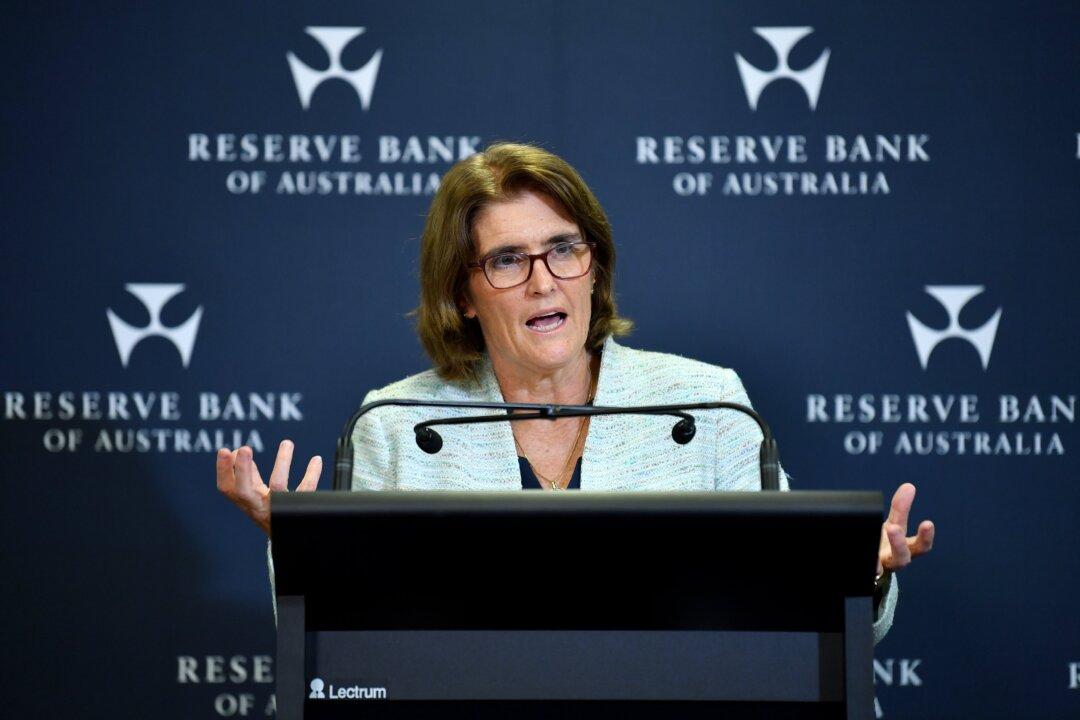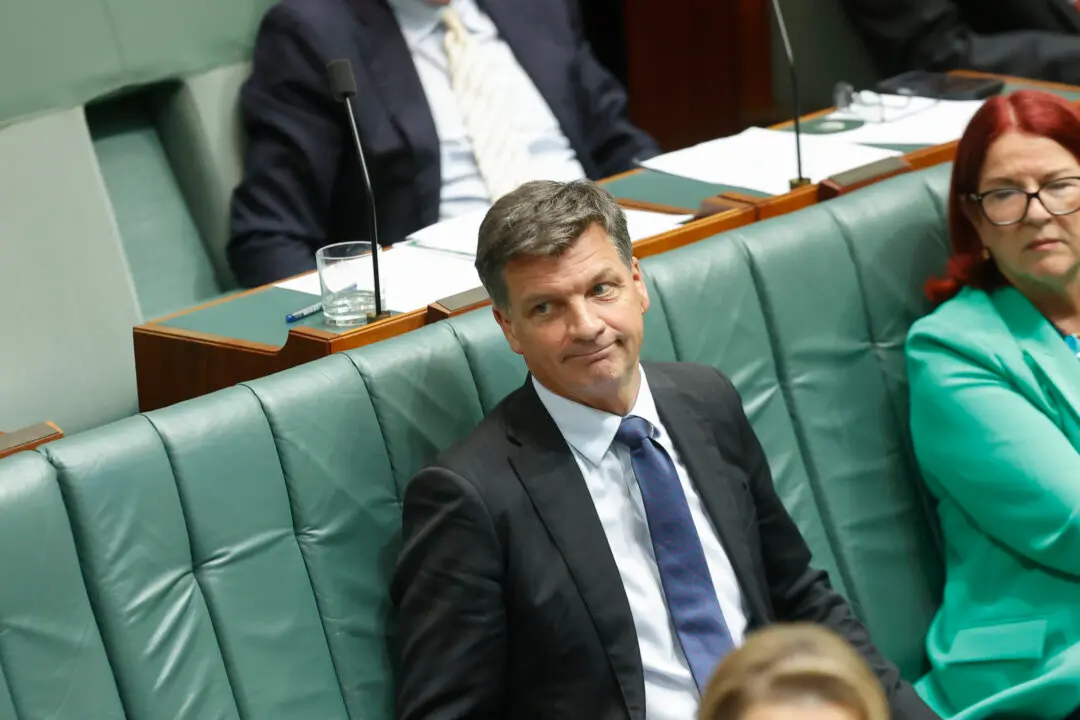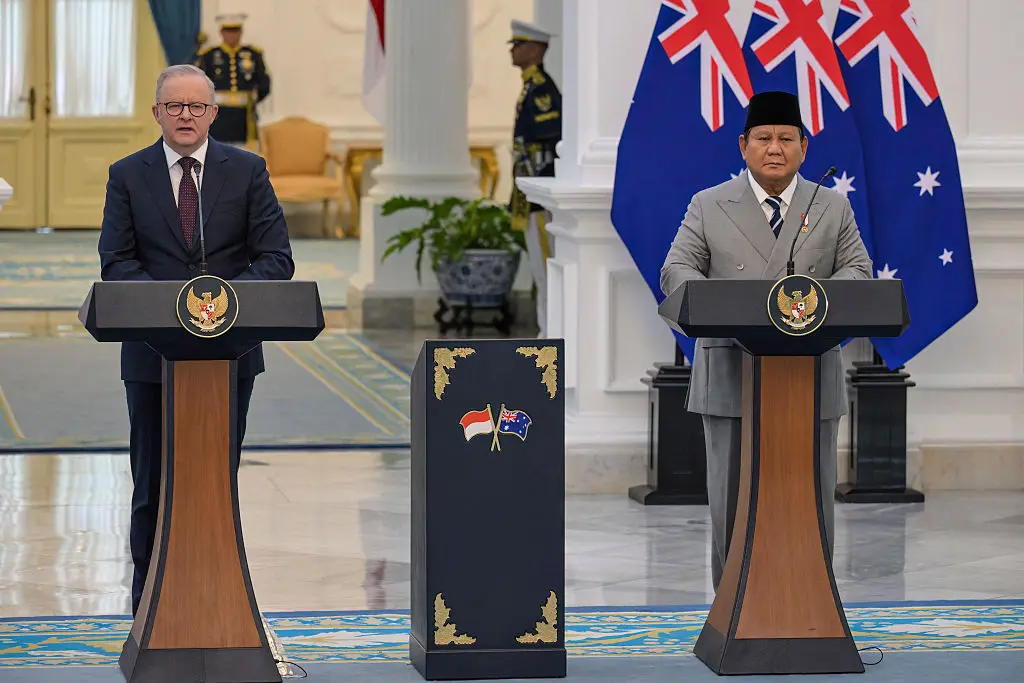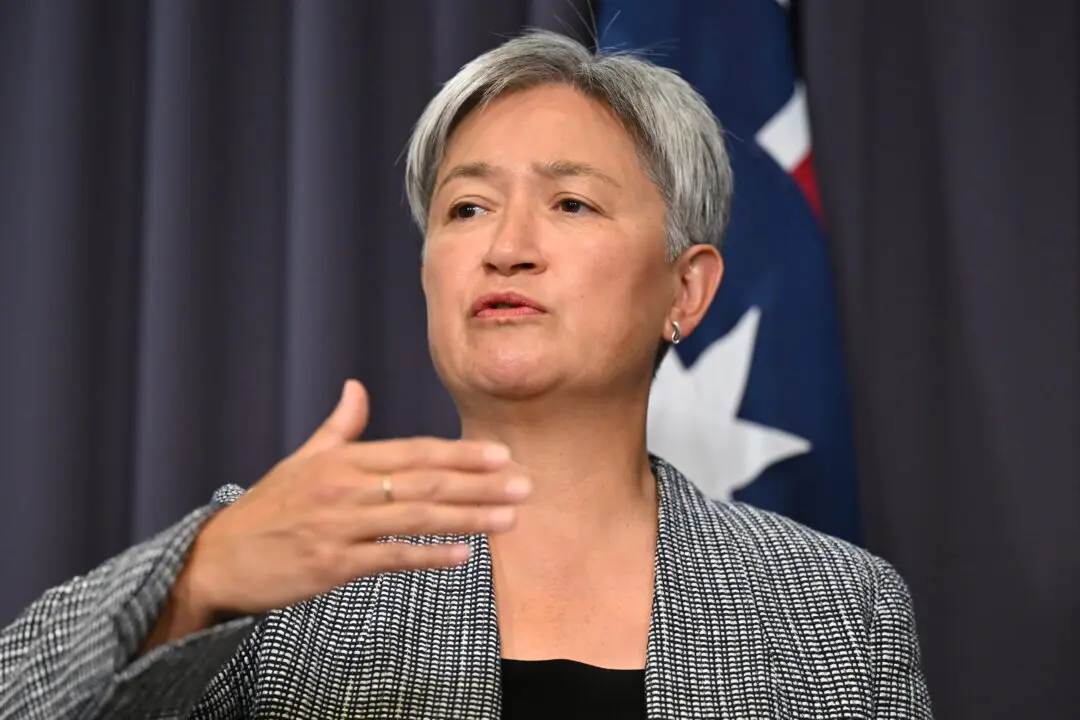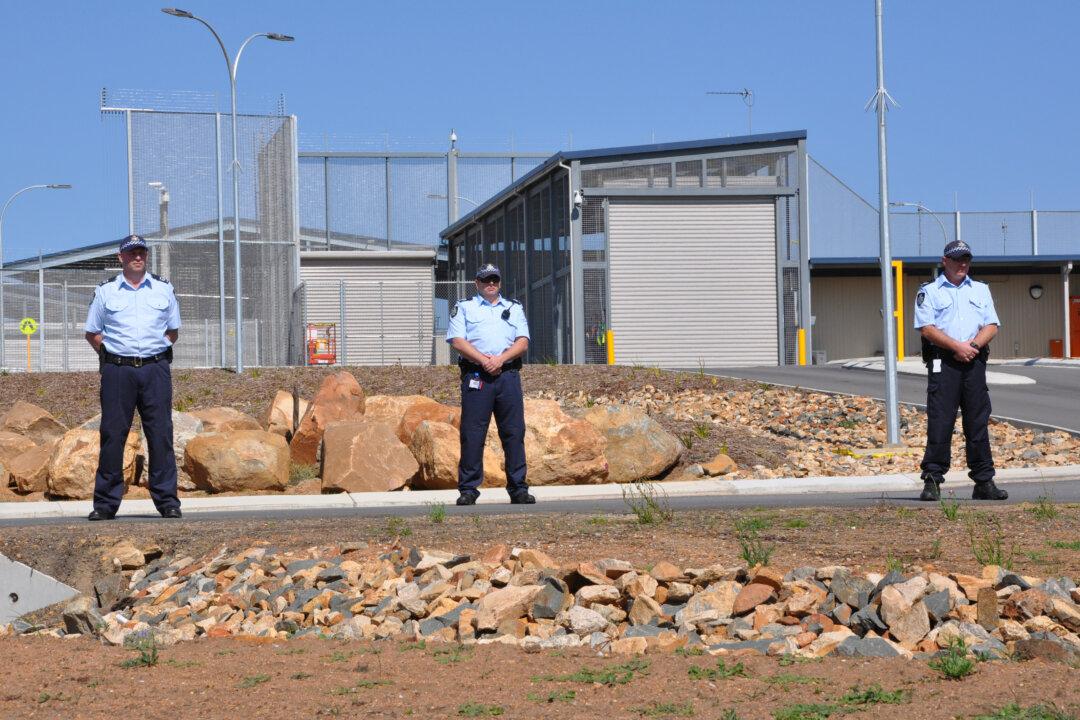The Reserve Bank of Australia (RBA) has expressed tentative optimism following a notable drop in inflation. Governor Michelle Bullock has urged patience, stressing the importance of sustained progress.
The Australian Bureau of Statistics (ABS) reported that the Consumer Price Index (CPI) held steady at 2.1 per cent for the 12 months to October 2024, marking the lowest annual inflation rate since July 2021.
